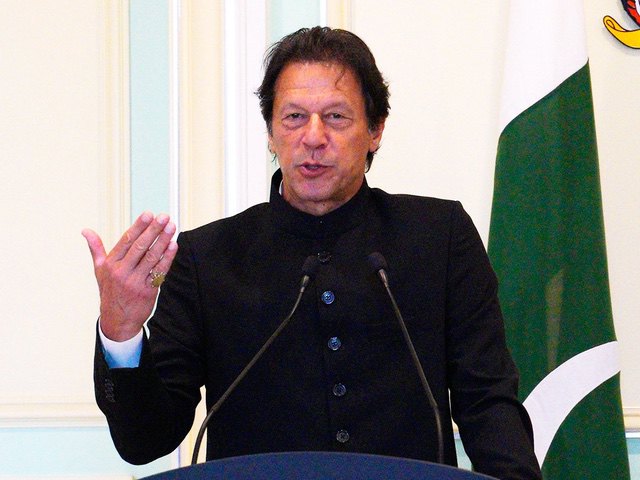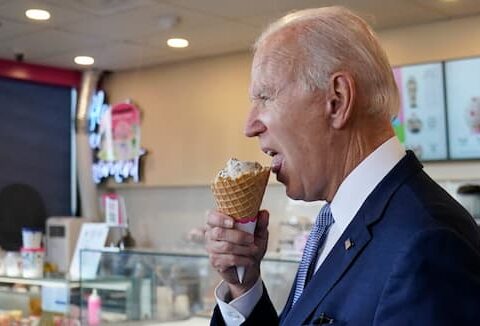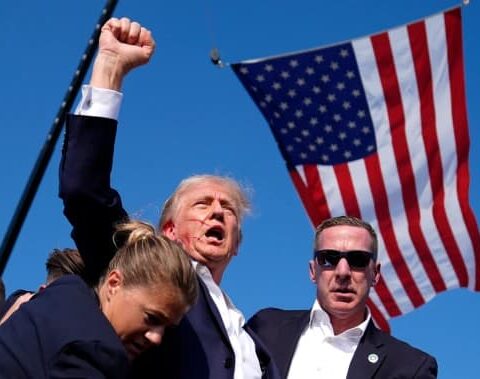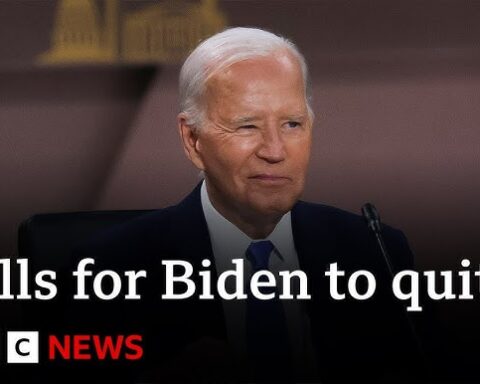If you want a demonstration of how democracies can degenerate into deplorable farce, then Pakistan is usually a good example.
The political elites and the state institutions are therefore running a pantomime of an election to try to engineer their preferred outcome – and the people in the street are wholly aware of this.

What’s noteworthy is the radio silence from Pakistan’s Western partners such as the UK, and especially the US, who seem to have no objection to a democratically elected leader being removed from office and later imprisoned just in time for the country’s new elections.
At any rate, its hard to see how anyone in Pakistan is going to have any trust or faith in its institutions anymore.
But the jailed former PM, whether you like him or not, already has a substantial legacy – which is being borne out in the very elections he was banned from.




